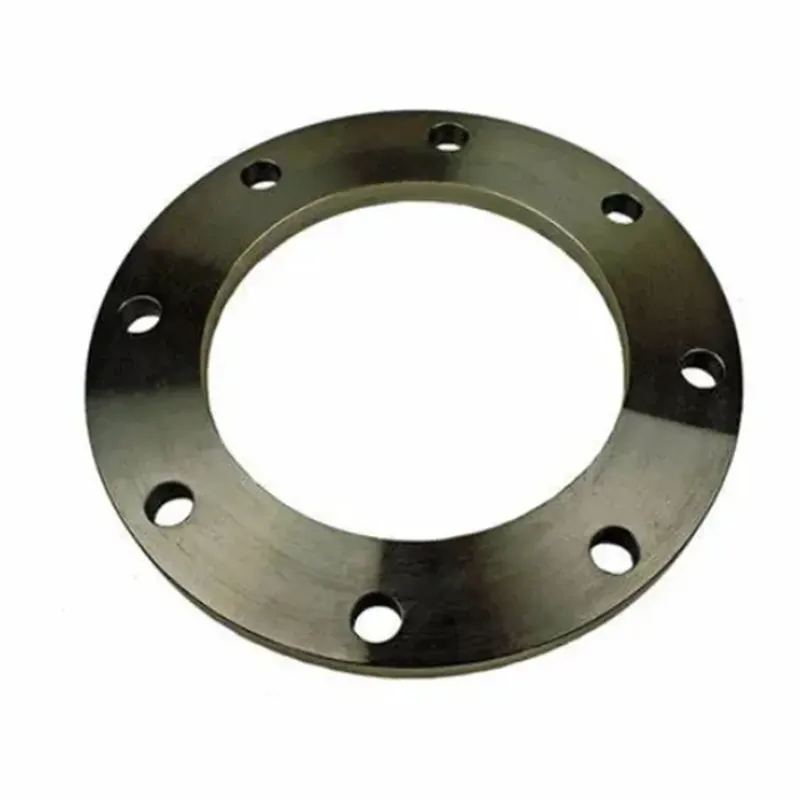-
Cangzhou Yulong Steel Co., Ltd.
-
Phone:
+86 13303177267 -
Email:
admin@ylsteelfittings.com
- English
- Arabic
- Italian
- Spanish
- Portuguese
- German
- kazakh
- Persian
- Greek
- French
- Russian
- Polish
- Thai
- Indonesian
- Vietnamese
- Zulu
- Korean
- Uzbek
- Hindi
- Serbian
- Malay
- Ukrainian
- Gujarati
- Haitian Creole
- hausa
- hawaiian
- Hebrew
- Miao
- Hungarian
- Icelandic
- igbo
- irish
- Japanese
- Javanese
- Kannada
- Khmer
- Rwandese
- Afrikaans
- Albanian
- Amharic
- Armenian
- Azerbaijani
- Basque
- Belarusian
- Bengali
- Bosnian
- Bulgarian
- Catalan
- Cebuano
- China
- China (Taiwan)
- Corsican
- Croatian
- Czech
- Danish
- Esperanto
- Estonian
- Finnish
- Frisian
- Galician
- Georgian
- Kurdish
- Kyrgyz
- Lao
- Latin
- Latvian
- Lithuanian
- Luxembourgish
- Macedonian
- Malgashi
- Malayalam
- Maltese
- Maori
- Marathi
- Mongolian
- Myanmar
- Nepali
- Norwegian
- Norwegian
- Occitan
- Pashto
- Dutch
- Punjabi
- Romanian
- Samoan
- Scottish Gaelic
- Sesotho
- Shona
- Sindhi
- Sinhala
- Slovak
- Slovenian
- Somali
- Sundanese
- Swahili
- Swedish
- Tagalog
- Tajik
- Tamil
- Tatar
- Telugu
- Turkish
- Turkmen
- Urdu
- Uighur
- Welsh
- Bantu
- Yiddish
- Yoruba

Nov . 16, 2024 16:46 Back to list
steel concentric reducer
Understanding Steel Concentric Reducers Applications, Benefits, and Specifications
In the world of piping systems, the need for efficient and reliable connections is paramount. One essential component that facilitates this is the steel concentric reducer. These fittings play a crucial role in transitioning from one pipe diameter to another, thereby optimizing the flow of fluids and gases in various applications. This article delves into the characteristics, advantages, and uses of steel concentric reducers.
A steel concentric reducer is a type of fitting that allows for a gradual change in pipe diameter. Its design features a symmetrical shape where the center of both ends aligns, ensuring a smooth and effective transition. This design minimizes turbulence and promotes a consistent flow rate, which is vital in systems where fluid velocity and pressure are critical.
Applications of Steel Concentric Reducers
Steel concentric reducers are widely utilized across numerous industries, including oil and gas, water treatment, chemical processing, and HVAC systems. In oil and gas pipelines, these fittings help manage varying pressure and flow requirements, ensuring efficient transportation of crude oil or natural gas. In water treatment facilities, they facilitate the transition between different pipe sizes, optimizing the movement of water through filtration and treatment processes.
In chemical processing, concentric reducers are often used to connect equipment of various sizes, thereby maintaining the integrity of the system and preventing leaks. Additionally, in HVAC applications, these reducers help manage airflow in ductwork by transitioning between different duct sizes for more efficient heating and cooling.
Benefits of Using Steel Concentric Reducers
One of the primary benefits of steel concentric reducers is their ability to handle high-pressure applications. Steel, being a strong and durable material, provides the necessary robustness for demanding environments. Furthermore, these fittings are resistant to corrosion, which is essential in industries where exposure to harsh chemicals is a concern.
steel concentric reducer

Another significant advantage is the reduction of energy loss. The smooth transition provided by concentric reducers minimizes turbulence, which can lead to pressure drops and energy wastage in a piping system. By maintaining a steady flow rate, they contribute to the overall efficiency of the system, ultimately leading to cost savings.
Additionally, the installation of steel concentric reducers is straightforward. They can be easily welded or threaded onto existing pipes, facilitating a seamless integration into any piping system. This ease of installation reduces labor costs and downtime during maintenance or upgrades.
Specifications to Consider
When selecting a steel concentric reducer, several specifications must be considered to ensure compatibility with the system. Key factors include the material grade, which should align with industry standards such as ASTM or ANSI; the size and dimensions, which dictate the flow capacity; and the pressure rating, which determines the reducer's ability to withstand operational conditions.
Moreover, it's important to assess the thickness of the fitting, as thicker walls offer enhanced durability and resistance to external stresses. Some applications may require specialized coatings or treatments to further improve corrosion resistance, especially in aggressive environments.
Conclusion
Steel concentric reducers are invaluable components in modern piping systems, facilitating efficient and effective fluid and gas flow management. With their robust construction, ease of installation, and ability to minimize energy loss, these fittings are a reliable choice for various industrial applications. As industries continue to evolve, the importance of such essential components will likely grow, making steel concentric reducers a staple in the engineering toolkit.
Latest news
-
ANSI 150P SS304 SO FLANGE
NewsFeb.14,2025
-
ASTM A333GR6 STEEL PIPE
NewsJan.20,2025
-
ANSI B16.5 WELDING NECK FLANGE
NewsJan.15,2026
-
ANSI B16.5 SLIP-ON FLANGE
NewsApr.19,2024
-
SABS 1123 FLANGE
NewsJan.15,2025
-
DIN86044 PLATE FLANGE
NewsApr.19,2024
-
DIN2527 BLIND FLANGE
NewsApr.12,2024
-
JIS B2311 Butt-Welding Fittings LR/SR 45°/90° /180°Seamless/Weld
NewsApr.23,2024











